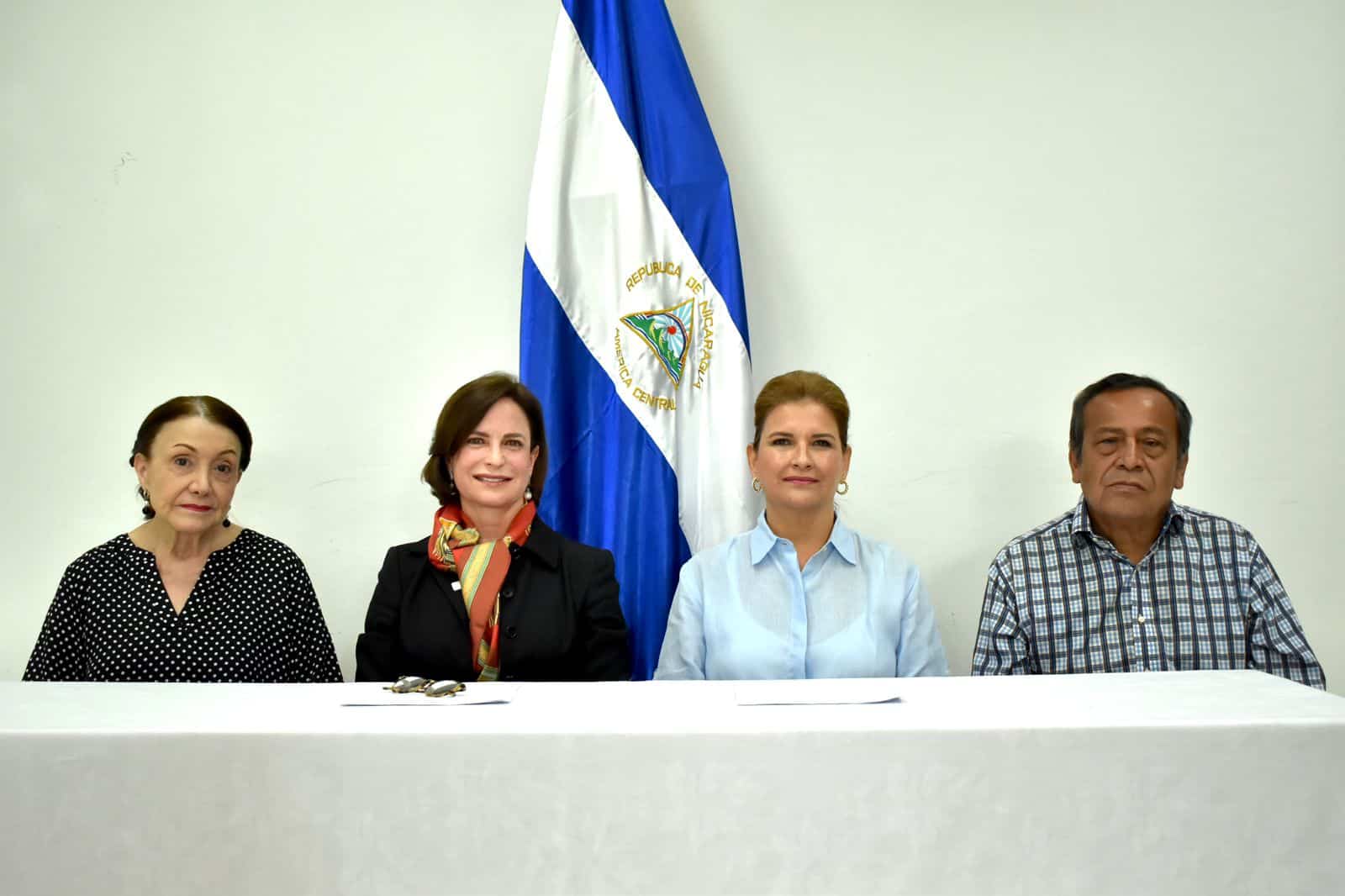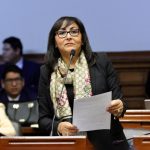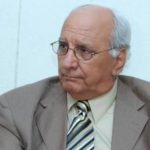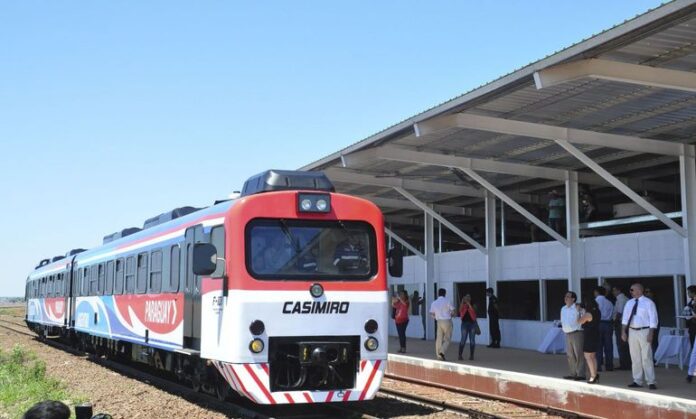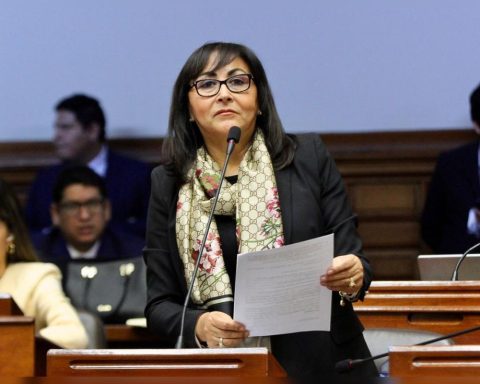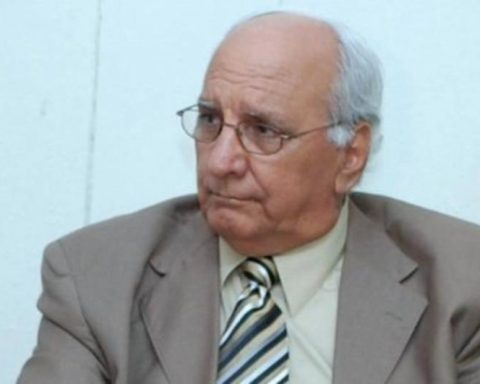A group of relatives of 23 political prisoners, of the more than 200 that the regime of Daniel Ortega and Rosario Murillo maintains in the different prisons of Nicaragua, advocated before “the rulers and the active forces of the nation”, for the approval of a “amnesty” that facilitates the release of all political prisoners.
“The release of our political prisoners through an amnesty is of the utmost importance to create a general atmosphere of greater calm, which in turn would decisively contribute to the vigor and stability of the country’s economic performance,” indicates part of the joint statement , read at a virtual press conference by Martha Urcuyo, wife of political prisoner Pedro Joaquín Chamorro Barrios.
The group of relatives admitted, in the letter, that the approval of an amnesty would entail “complexities” for political prisoners, although they stressed that “by reviewing our history more deeply, we see with equal clarity that amnesties have provided spaces for calm, understanding and reunion with Nicaraguans during highly critical moments”.
“Going through one of those moments, we express today, before the rulers and before the living forces of the nation, our hope that, in the coming months, when we celebrate the Christmas holidays -the most dear to us Nicaraguans- we will do so with our compatriots and relatives in freedom, willing to continue contributing to a calm and secure Nicaragua of a better future”, highlights the document.
Relatives signing the amnesty application
The statement was signed by the relatives of the political prisoners Francisco Xavier Aguirre Sacasa, Michael Edwin Healy Lacayo, Yader Parajón Gutiérrez, José Adán Aguerri Chamorro, Jaime Arellano Arana, Nidia Barbosa Castillo, Arturo Cruz Sequeira, Cristiana Chamorro Barrios, Pedro Joaquín Chamorro Barrios and Mauricio Diaz Davila.
Also the relatives of Marcos Fletes, María Fernanda Flores Lanzas, Walter Gómez Silva, Violeta Granera Padilla, Pedro Mena Amador, Freddy Navas López, María Oviedo Delgado, José Pallais Arana, José Antonio Peraza, Luis Rivas Anduray, Kevin Roberto Solís, Víctor Hugo Tinoco Fonseca and Pedro Vasquez Cortedano.
The group invited the relatives of the other prisoners of conscience maintained by the Ortega regime to join this public petition, which they released on September 20.
“We want to emphasize that we welcome all those who wish to join and sign our statement,” he said.
Relatives of political prisoners have repeatedly denounced that the regime keeps their relatives in inhumane conditions and receiving torture and mistreatment.
The request of the group of relatives occurs at a time when the Daniel Ortega regime has unleashed a new wave of arrests against political dissidence in the country. The Blue and White National Monitoring indicated to CONFIDENTIAL that, between September 4 and 18, they have registered 13 arrests of members and their relatives of the Unión Democrática Renovadora (Unamos), formerly the Sandinista Renovating Movement (MRS).
The organization explained that currently only 12 people are still detained, since one was released 24 hours after the arrest. He also pointed out that they documented nine harassments against members of that same political organization, among which four arrest attempts were included.
